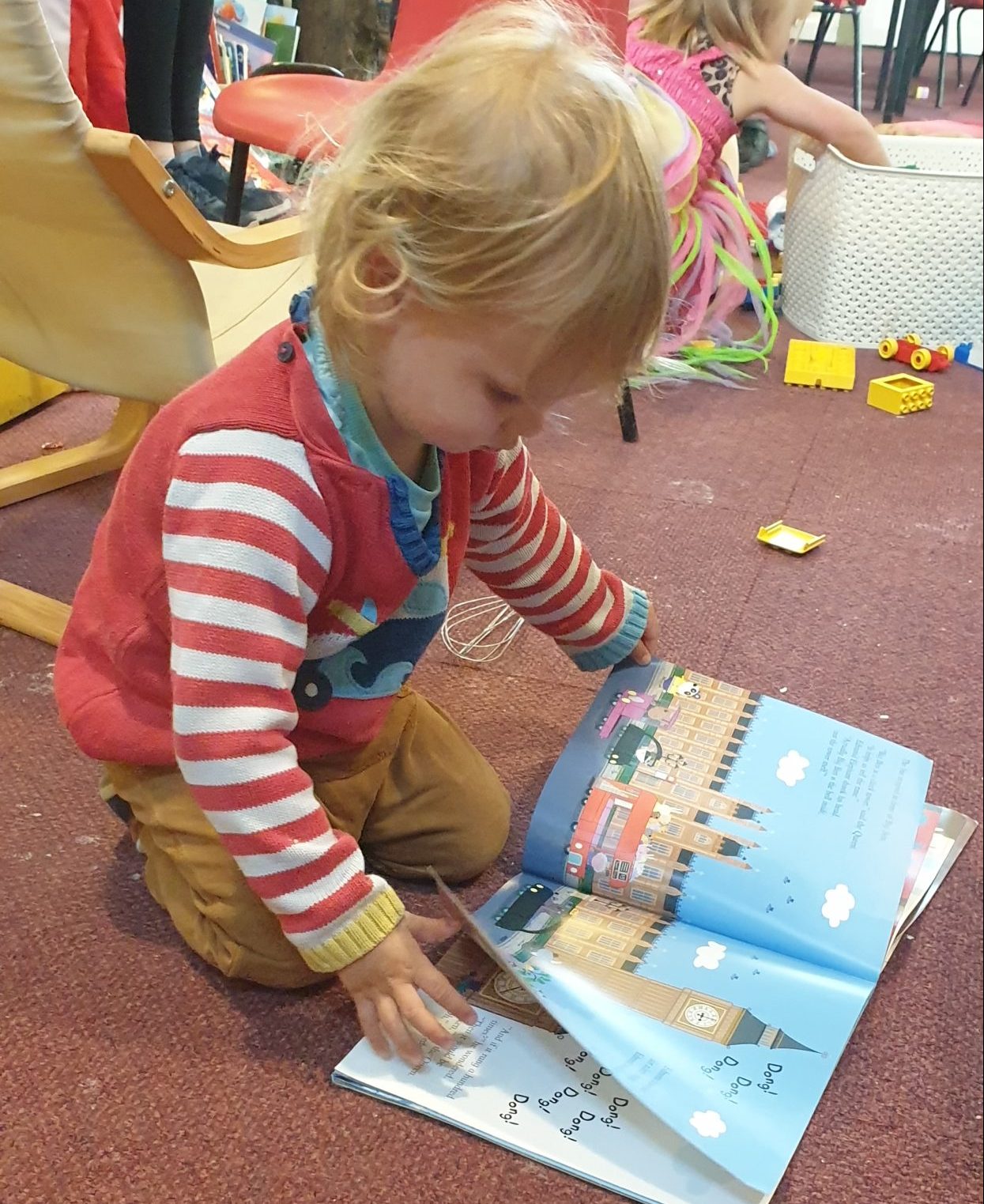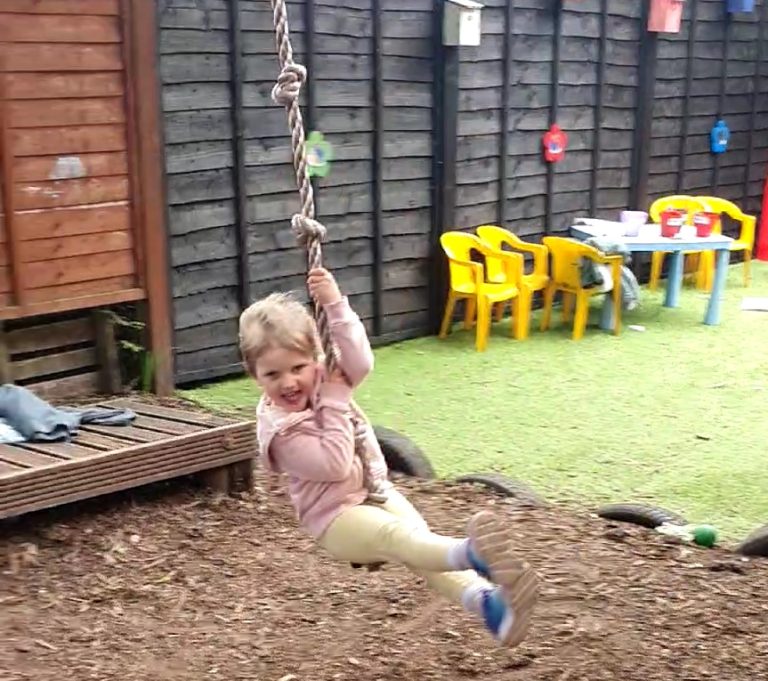All About Us
Everything about who we are and what we do here!
Our Aims and Ethos
The ethos of Holy Trinity Preschool is our motivation for all our work. It is to work together to extend Jesus’ model of the Kingdom of God on earth by living out a lifestyle of love, truth, justice, mercy and forgiveness, according to his teaching. We are inspired by his message, life and example through which God’s unconditional love for all people is expressed.
Our ethos is given life through our relationships. The way we work together and behave with one another and those we seek to serve demonstrate and authenticate our ethos. It is through these relationships, with each other and those whom we seek to serve, that we practice our ethos.
Our ethos or motivation, and therefore our relationships, are rooted in our faith in Jesus Christ and in his love, which compels us to serve others. This faith directs and influences both our internal relationships as well as our work with those whom Holy Trinity Preschool is seeking to serve. Our activities are an outworking of our faith. The link between who we are and what we do cannot be broken

At Holy Trinity Preschool we welcome all children and endeavour to ensure that appropriate provision is made to cater for their needs, providing an ‘enabling’ environment.

- All children with SEND play a full part in the daily life of the setting and are encouraged to join in all activities.
- The entrance is ramped and wheelchair users can access the main classrooms and toilet for the disabled.
- Parents will always be kept informed of any additional or different provision being given and invited to contribute to and attend any review meetings about their child.
- Children who make slower progress will be given carefully differentiated learning opportunities to help them progress with regular and frequent careful monitoring of their progress, which will involve the parents/carers and children in working in partnership with the setting.
- All children will receive a broad and balanced curriculum, relevant to the needs of the individual. Access to the curriculum is therefore facilitated by whatever means necessary to ensure that success is achieved.
- We aim to recognise strengths as well as weaknesses and try to involve all children in the activities of the setting.
- We endeavour to give the appropriate enrichment programme to extend the more-able and gifted children in our care.
At Holy Trinity Preschool we welcome all children and endeavour to ensure that appropriate provision is made to cater for their needs, providing an ‘enabling’ environment.
Our Curriculum
All children between the age of three and their first term in Year One at school are classified as being at the ‘Foundation Stage’, thus this is a period usually covering not only their time at Holy Trinity Preschool, but also the Reception Class in Primary School. The development categories are 0-3 years, 3 and 4 years, and Reception.
Dependent on the number of sessions a week your child attends, they will be covering some or all of the government Early Years Foundation Stage Outcomes, which consist of the following learning areas:
The Three Prime Areas for Learning:
Communication and Language. These goals cover important aspects of language and development. Children must be helped to acquire competence in English as soon as possible, making use, where appropriate, of their developing competence in talking and listening.
Physical Development. These goals focus upon children’s developing physical control, mobility, awareness of space and manipulative skills in indoor and outdoor environments. They include establishing positive attitudes towards a healthy, active way of life.
Personal, Social and Emotional Development. These goals focus upon a child learning to work, play, co-operate with others and function in a group beyond the family. They cover important areas of personal, social, moral and spiritual development, including the development of personal values and an understanding of self and others.
The Four Specific Areas of Learning:
Understanding The World. These goals focus upon children’s developing knowledge and understanding of their environment, other people and features of the natural and man-made world. They provide a foundation for historical, geographic, scientific and technological learning.
Mathematics. These outcomes cover important aspects of mathematical understanding and provide the foundation for numeracy. They focus on achievement through practical activities, and on using and understanding language in the development of simple mathematical ideas.
Literacy. These goals focus upon children’s learning and competence in being read to and beginning to read and write and these skills must be supported and extended.
Expressive Arts & Design. These goals focus on the development of children’s imagination and the ability to communicate and to express ideas and feelings in creative ways.
Forest School
Forest School sessions take place on a regular basis throughout the year in our own Jazzy Garden, at the Inside-Out venue and in the Woodland Area at Coleham Primary School. Sessions off site run from Easter until late Autumn (weather dependant in regards to the temperature for 2 – 5 year olds) Sessions in the Jazzy Garden continue all year round.

Forest School promotes holistic development by providing regular, long-term, child-led play in a natural setting, fostering a wide range of skills including physical, emotional, social, and cognitive abilities. This integrated approach builds confidence, resilience, and self-esteem through hands-on experiences like tree climbing, problem-solving, and teamwork, encouraging a deep connection with the natural world and promoting overall well-being.

Forest School is an inspirational process that offers all learners regular opportunities to achieve and develop confidence and self-esteem through hands on learning experiences in a local woodland or natural environment with trees. Forest School is a specialised approach that sits within and complements the wider context of outdoor and woodland learning.

Forest School is about deeply respecting children’s right to play freely and explore the outdoors with their innate curiosity, and to have the opportunity to take managed risks. Forest School has such a positive impact on our children – it nurtures their ‘have a go’ attitude, creativity, communication skills, problem-solving skills and friendships, and it provides benefits to their emotional development and well-being.
Latest Prospectus
View our Latest Prospectus
OFSTED Report
View our Latest Report
Policies and Procedures
All of our policies
Latest Newsletter
View our Latest Newsletter
Academic Calender
View our Calender
